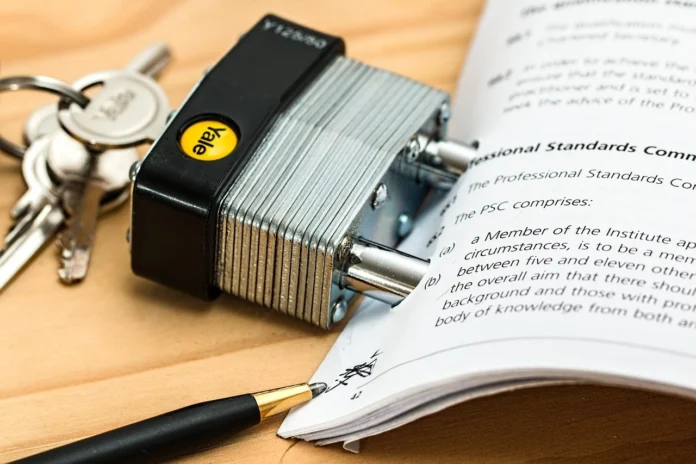When considering B2B gaming firms in 2025, it’s clear that security is one of the most important issues that they face. Operators and vendors are facing constant threats from the likes of fraud and data theft to breaches of regulations. If weaknesses are breached, there are serious consequences in terms of revenue and reputation.
Below, we explore five areas that companies should implement if they want to maintain levels of resilience and trust.
1. Advanced Encryption and Tokenisation
Data is at the heart of the gaming sector. It covers the likes of payment details, identity records, and sensitive commercial information between operators and vendors. As online attacks have become more sophisticated, traditional encryption methods are no longer sufficient. This has seen the industry move towards stronger end-to-end encryption paired with tokenisation. This sees sensitive details being replaced with unique tokens that have no value if they are intercepted.
This approach means that customers are protected while making deposits and withdrawals, while also shielding B2B partners in their own data exchanges. When platform operators are handling cross-border payments and compliance checks, the use of automated encryption reduces the risk of leaks and ensures that systems meet strict international standards.
2. Real-Time Fraud Detection Using Machine Learning
All online environments have faced the risks posed by fraud. However, the use of automated detection powered by machine learning is changing how this risk is managed. Models are able to analyse behaviours in real-time, flagging the likes of irregular betting patterns, multiple account registrations, and suspicious transactions in a matter of seconds.
For B2B providers, this means that there’s a reduced risk of financial loss and chargeback. It also allows for a clear audit trail, and this demonstrates to regulators that there’s a proactive approach to prevention. When this technology is integrated with player verification systems, it leads to stronger responsible gambling measures, making it even harder for fraudulent accounts to bypass any restrictions.
3. Secure Game Delivery and Aggregation
Perhaps one of the most vulnerable points in the gaming ecosystem is in the delivery of the games themselves. Each integration point with a new studio or supplier can increase potential exposure. That means that automated monitoring of content pipelines is now a must.
As an example, when operators use online blackjack software through aggregated platforms, security tools can confirm that the game code is authentic and that it complies with all regulatory standards. The use of automated patching means that updates are distributed instantly across all operator systems, and this does away with the risk of outdated or vulnerable versions remaining in circulation. These measures protect players, but they also reduce the liability for B2B suppliers who are managing large catalogues on behalf of clients.
4. Identity Verification and Biometric Access
Know Your Customer checks are a major part of compliance, but in 2025, the scope has now widened and includes stronger identity authentication for players and even internal staff. Multi-factor authentication has now become the bare minimum standard. Many operators are adopting biometric systems, such as fingerprints and facial recognition, to add extra layers of security.
For B2B firms, these methods go beyond player management. By using the same biometric protocols, they can secure access to back-office dashboards, developer tools, and financial reports. This means that sensitive data and controls are not exposed to insider threats. The combination of automated ID verification and biometric checks reduces fraud while also improving accountability across the entire supply chain.
5. Vendor Security Standards and Live Casino Protection
Live casino games are seen as one of the most sensitive areas of online gaming security. That’s because they combine video streaming, payment handling, and real-time interaction. Providers face pressures to protect the broadcast infrastructure as well as the transactional systems that support it.
Companies such as Live88 have ensured that security is a central part of what they offer. This includes features such as encrypted streams, tamper-proof dealer interfaces, and automated monitoring of player activity. For B2B firms, there’s a real need to partner with suppliers who make security such a priority. It allows operators to deliver a live gaming experience with confidence that player data and financial integrity are fully protected.
Final Thoughts
The gaming industry is at the stage where weak security simply can’t be excused as an oversight. Regulators demand proof of proactive measures while customers insist on safety when they make transactions. B2B partnerships are built on the assumption that all data will be safeguarded. It’s the companies that invest in encryption, fraud detection, secure delivery pipelines, and biometric verification that will stand out for all of the right reasons.
As cybercriminals become more advanced, there’s a continual need for innovations in security to stay at least one step ahead. This is the only way to maintain confidence in the industry as a whole.



































